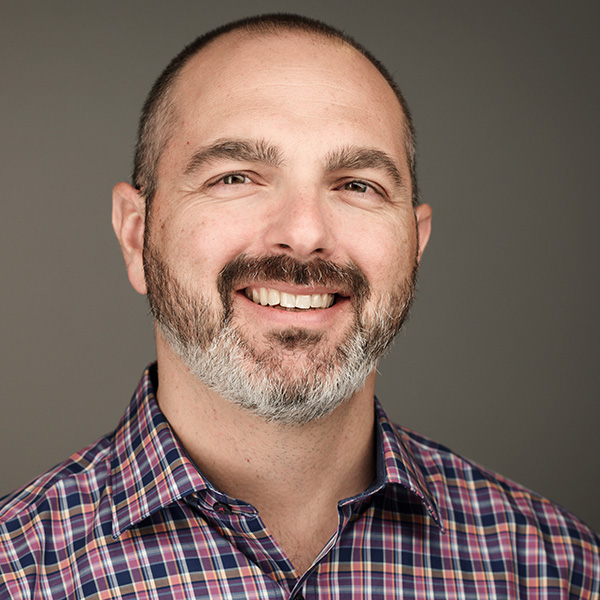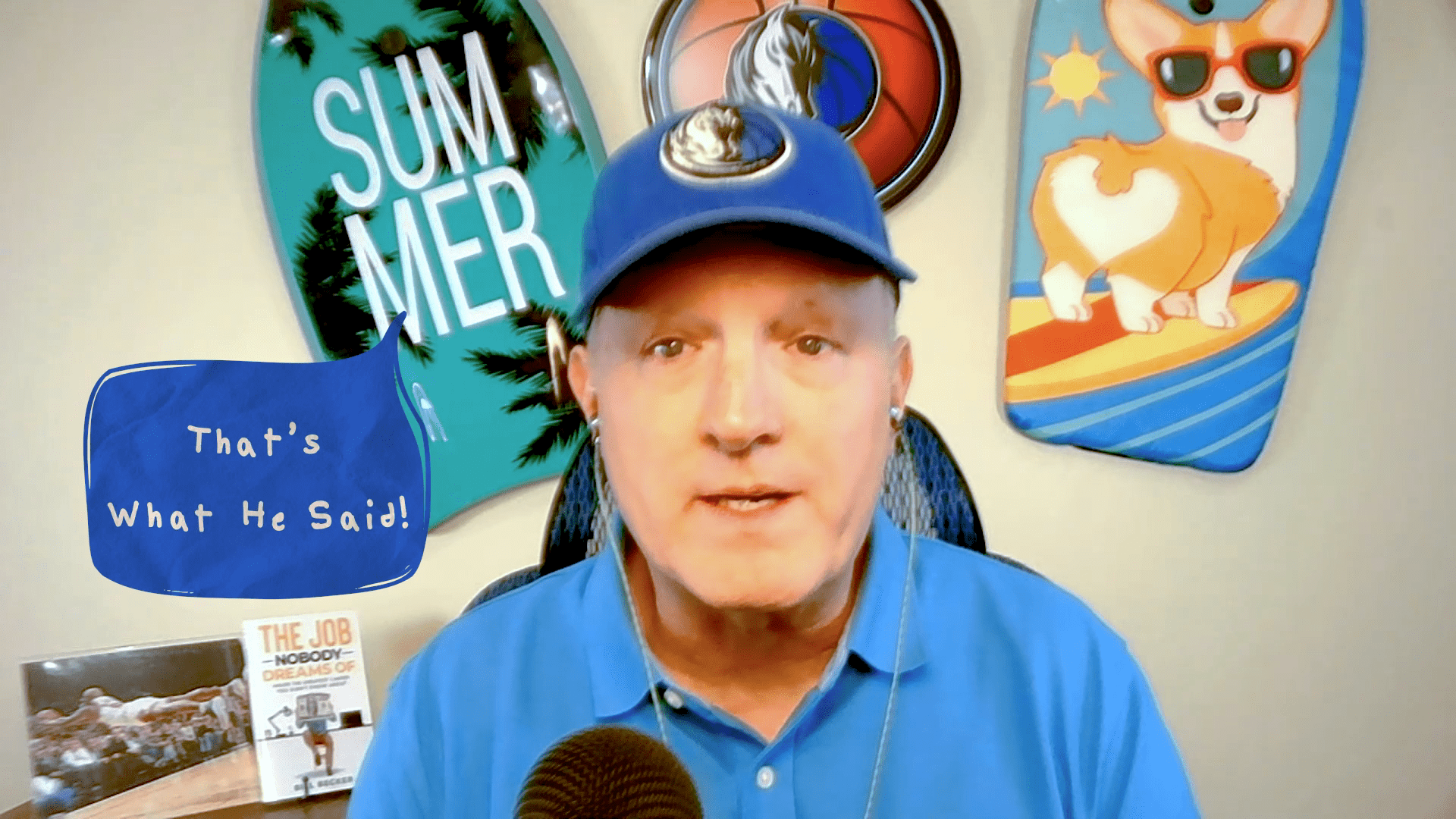What makes a good friend?
Are you a good friend?
In the hierarchy of Relationships, friendships are at the bottom, at least once we are adults. Romantic partners, parents, children—all these come first.
As children, our friends are classmates, neighbors, kids in scouts or on our sport teams. They are friends of convenience. As young children and adolescents we are still discovering our identity, and learning what it means to share, to be vulnerable, to be empathetic. Our friendships help us do that.
By young adulthood, people are usually a little more secure in themselves and they are more likely to seek out friends who share their values on the important things, and let the little things be. We find these friends at our universities or early jobs. We are becoming more discerning about who we want to spend our time with.
As we enter middle age, we tend to have more demands on our time, many of them more pressing than friendship. After all, it’s easier to put off catching up with a friend than it is to skip your kid’s performance or an important business trip. In middle age we tend to find that friendships are developed through work or with parents of our kids’ friends.
As older adults, we may find that we are pickier about who we want to spend time with. Even when we retire, we tend to guard the time we have and how we want to use it. We want to spend time with people that we enjoy, that fill us up. As a result, we may find that we let go of older friendships. We tend to want a few “good friends” at this stage of our lives.

The importance of friendships
The Mayo Clinic reports that good friends are beneficial for our health. Friends can help us celebrate good times and provide support during bad times. Friends prevent isolation and loneliness and give us a chance to offer needed companionship, too. Friends can also:
- Increase our sense of belonging and purpose.
- Boost our happiness and reduce our Stress.
- Improve our self-confidence and self-worth.
- Help us cope with traumas, such as divorce, serious illness, job loss or the death of a loved one.
- Encourage us to change or avoid unhealthy Lifestyle habits, such as excessive drinking or lack of Exercise.
It is said that a common regret of individuals on their deathbed is the regret of “not staying in touch with friends”.
Friends are chosen – Families are given
Friendships are unique relationships because unlike family relationships, we choose to enter into them. With families we don’t get to choose. We are born into our families, married into our families or even adopted into our families.
Friends are chosen. That also means that we tend to assume that friendships don’t need the same attention that families do. We feel obligations to get together with families for celebrations and for loss. We are there if someone gets sick and needs us.

We may go weeks or even months without speaking with a friend, and they will still be our friend. It is unlikely that we would go weeks or months without speaking to a spouse, parent or sibling. (of course, there are exceptions)
In this digital world of ours, it’s harder to maintain or make meaningful relationships. There is so much noise and distraction in social media and on our phones. When we do take the time to step away and connect, we gravitate to the friends that fill us, that will be there for us in good times and bad.
Dr Robert Holden, director of The Happiness Project and Happiness NOW! says: “21st century friendships are soul friendships. They are about supporting each other to live a life that is full of purpose, courage and creativity.”
What makes a good friend?
“I’ve listened to someone as young as 14 and someone as old as 100 talk about their close friends, and there are three expectations of a close friend that I hear people describing and valuing across the entire life course,” says William Rawlins, the Stocker Professor of Interpersonal Communication at Ohio University. “Somebody to talk to, someone to depend on, and someone to enjoy.” These expectations remain the same throughout a lifetime.
Watch this video of young children being asked “what makes a good friend?” They say things like:
- They always hug me
- Picks you up when you fall
- Makes you laugh
- Helps you and is kind
- Accept who you are
Karin Sieger, a psychotherapist said that true friendships “are based on unconditional concern for the other. We do things for the other out of friendship not in order to gain anything.”
True friendship means that sometimes you have to be vulnerable, ask for help, and let the love in.”
How can we nurture our friendships?
- Be kind.
- Be a good listener.
- Open up, be vulnerable
- Show that you can be trusted.
- Make yourself available.
Are you a good friend?
The post What makes a good friend? first appeared on .

























